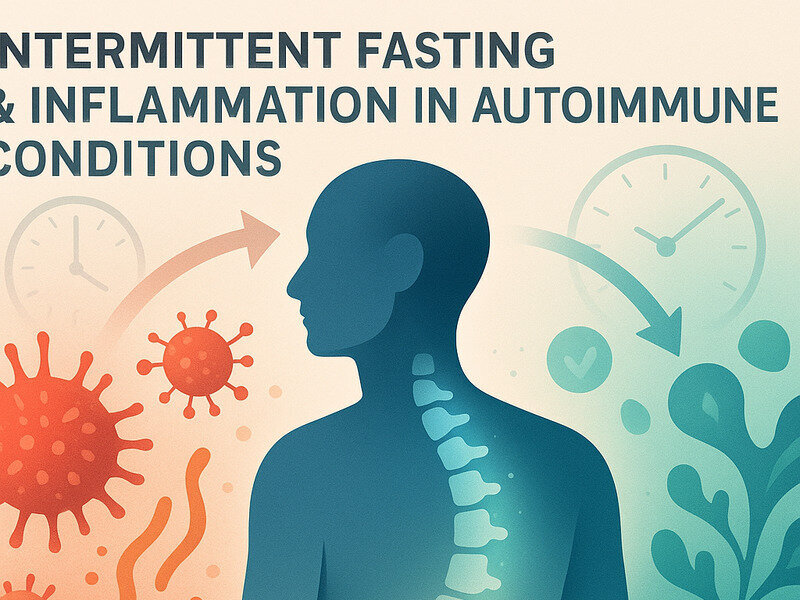
Intermittent fasting (IF) has gained popularity as a dietary approach not only for weight loss but also for its potential health benefits, including its impact on inflammation. In autoimmune conditions, where the body's immune system mistakenly attacks its own tissues, managing inflammation is crucial. Understanding how IF might influence inflammation in these conditions requires a look into the biological mechanisms at play, the current scientific evidence, and the potential implications for those living with autoimmune diseases.
Understanding Inflammation and Autoimmune Conditions
Inflammation is a natural part of the body's immune response, designed to protect against injury and infection. However, in autoimmune diseases, this process becomes dysregulated. The immune system erroneously targets healthy cells, leading to chronic inflammation. Common autoimmune conditions include rheumatoid arthritis, lupus, and multiple sclerosis, each characterized by persistent inflammation that can cause significant tissue damage and symptoms like pain, fatigue, and swelling.
The role of inflammation in these diseases is complex. It involves various immune cells and signaling molecules kn...
Premium preview
Premium members unlock the full article—complete step-by-step routines, deeper coaching notes, and exclusive frameworks.


